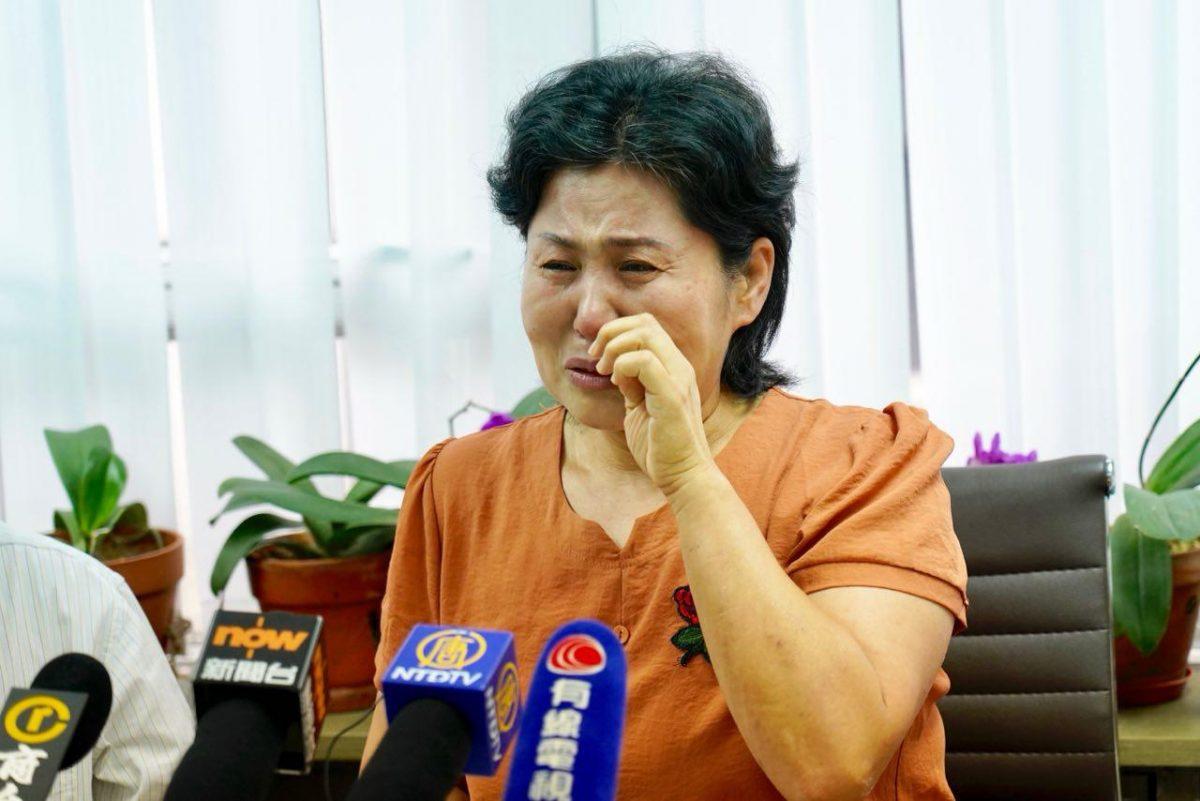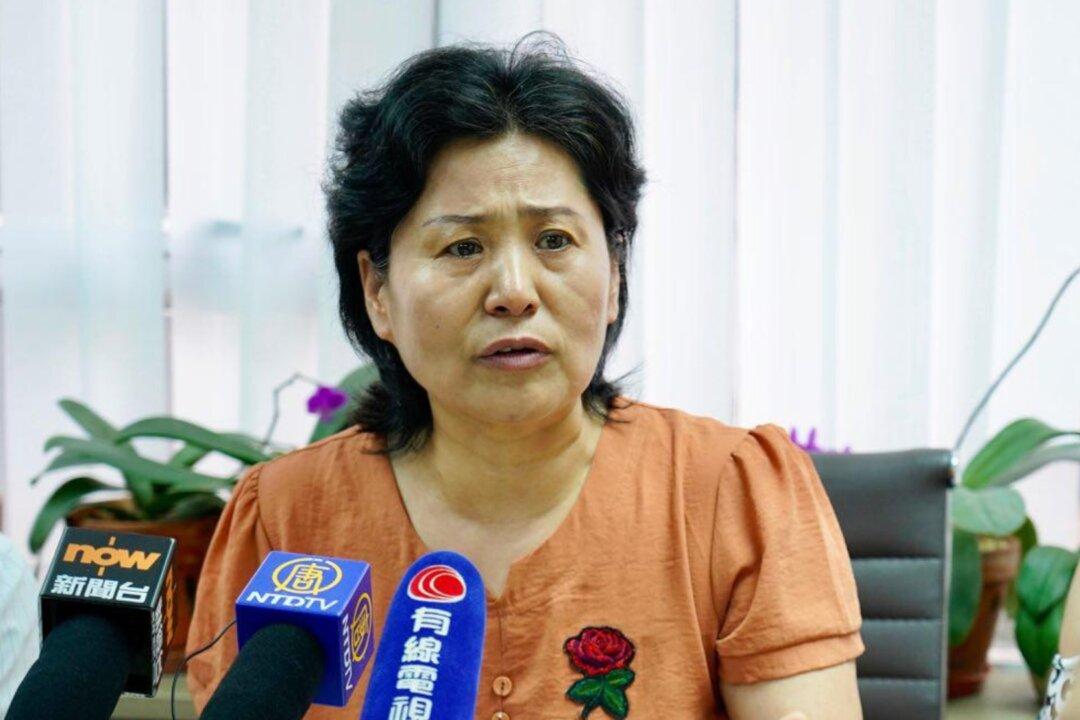Inspired by two mass protests in Hong Kong that brought millions to the streets, dissident and wife of persecuted human rights lawyer, Gao Zhisheng, said that she will join Hongkongers at the upcoming July 1 march.
The annual march, held on the anniversary of Hong Kong’s handover of sovereignty from Britain to China, is usually themed around opposition to Beijing’s growing encroachment over the city’s affairs. This year’s march will call for a full withdrawal of a controversial extradition bill that would allow any country, including mainland China, to seek extradition of individuals wanted by the Chinese regime.
Known as the “Conscience of China,” three-time Nobel Peace Prize nominee Gao Zhisheng is a lawyer that has represented persecuted groups in China such as underpaid workers and adherents of the spiritual discipline Falun Gong. Since 1999, Falun Gong practitioners have been arrested, detained, and sentenced to prison for their beliefs.
For his work, Chinese authorities repeatedly arrested and detained Gao since 2004. Gao disappeared in August 2017 and has not been heard from since. Gao’s wife Geng He suspects that he is being held by authorities.
Geng sought refuge in the United States in 2009 with her two children, after encountering constant police harassment and intimidation. She said that coming to Hong Kong has brought back some painful memories.
“This is the closest place to home that I have been since 10 years ago, but I can’t see my family nor get in touch with them,” Geng said, with tears in her eyes, during a press conference on June 30.
It was the first time that Geng He, wife of Gao Zhisheng, set foot in Hong Kong since she left China.

Standing with Hongkongers
The extradition bill, if passed, would allow the Chinese regime to seek extradition of any individual wanted by the Chinese regime. In the face of growing pressure, Hong Kong leader Carrie Lam has suspended the bill indefinitely, but protests have continued as people demand the bill’s complete withdrawal.Geng, who has been closely watching the protests unfolding in the past few weeks, said she felt compelled to voice support as Hongkongers defend their rights and draw a line with the Chinese regime.
“The Chinese Communist Party wants to change Hong Kong’s political system… if we don’t stay firm and [the law] is changed, it will affect everyone—Hongkongers, those living in Hong Kong, political asylees or refugees, adherents of Falun Gong or Christianity, all of us can be extradited and sent back to China,” Geng said.
Geng said that the persecution she and her family went through has given her insight into what the protesters fear can happen in Hong Kong.
“The ‘No-Extradition’ protest concerns all of us,” Geng said, adding that her two children have encouraged her to join the protests.
No Law to Speak of
Albert Ho, who chairs the pro-democracy organization Hong Kong Alliance in Support of Patriotic Democratic Movements in China, said at the same press conference that China’s human rights record is at a historic low, with many human rights lawyers being monitored or having their practicing licenses revoked.Gao himself lost his license as well as his law firm in 2005. In 2007, he was held in a secretive detention facility for 50 days. The police tortured him, including with high-voltage electric batons. After being released from prison in 2014, Gao lost almost all his teeth.
“When he first saw his reflection in the mirror, he said, ‘I look like an alien.’ His hair had turned white and his face was pale, he almost didn’t know how to walk again,” Geng said, recalling a time when Gao returned home from prison.
Geng again burst into tears as she recounted the years of pain the Chinese regime’s persecution has brought to the family.
“When we came out [of China], my son was five, now he is 15 turning 16. There is a gap in his memory and he has no recollection of his father,” Geng said. “That blank space in between is something I will never be able to make up no matter what I do.”





